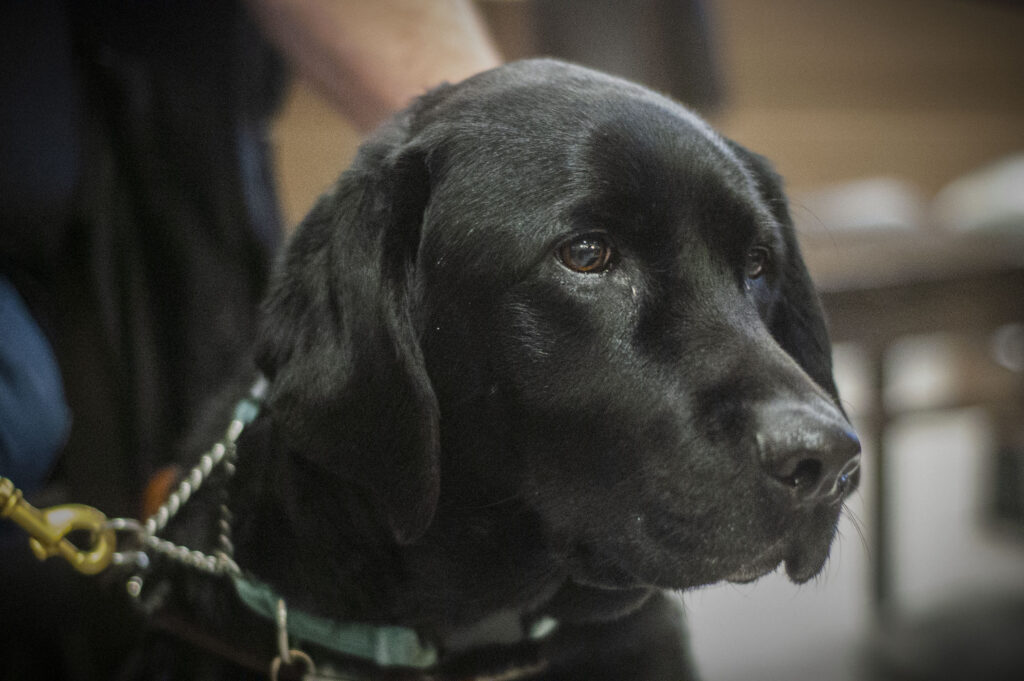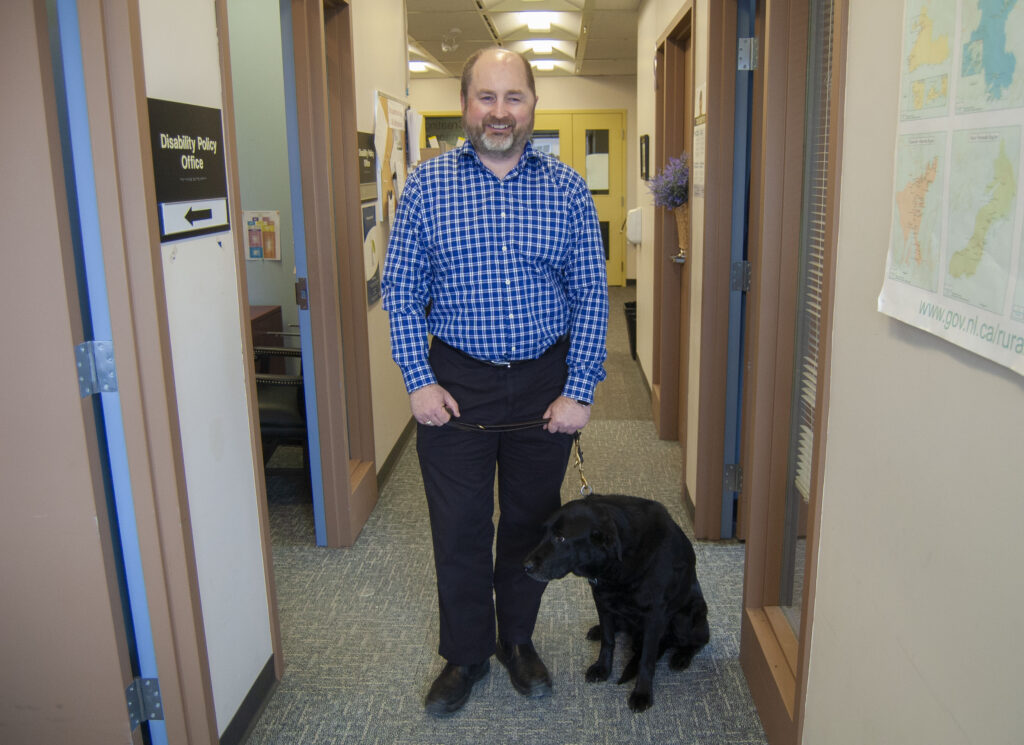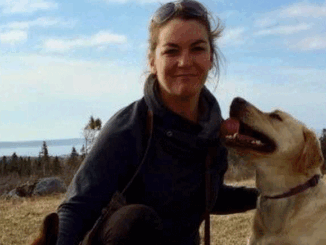More than a service animal, they are companions with deep bonds to their humans.

Chad Feehan
Kicker
Hundreds of Canadians with vision impairment use guide dogs to navigate their community every year, but sooner or later this companionship finds its end.
There comes a time in every guide dog’s life when the burden of age or illness becomes too much for the faithful friend to do its job correctly, even if its tail still wags at the sight of a harness.
Sometimes their owner just wants their dog to have a few years at the end of its life to “be a dog”, as in the case of Philip Strong and his black Labrador, Wonka. Strong was able to keep the 11-year-old black lab as a pet after retirement.
“I think he misses it as much as I do,” said Strong. “That was his life. They are trained to give up their lives for you.”
“They prove that loyalty to you every day…”
Philip Strong
Due to life circumstances, retired guide dogs often have to be rehomed either through the efforts of the user or through the guide dog school from where they came, such as The Seeing Eye in New Jersey where Wonka was trained.
Mobility has been a struggle for Strong since retiring Wonka at the age of 11. Though he navigates with a cane, it is a far cry from a dog who can detect hazards and environmental threats with greater awareness.
“It’s amazing how much he did for me that I didn’t even realize,” said Strong.
The pandemic has stifled both the breeding and training of new guide-dogs, who won’t find themselves on the job until they are at least two years old. Strong has been waiting two years since submitting his application, with no estimation of when he will receive his new canine companion.
It may be tempting to pet a guide dog on the street, but when they are in their harness they are on the job and focused. Interaction with them is not recommended and guide dog users always recommend asking permission to do so.

Ed Barnes has had multiple guide dogs throughout his life, the most recent being a seven-year-old black lab named Voyager. His second dog, Ruth, was retired in 2009 due to worsening arthritis. She was rehomed to an acquaintance.
This was not a decision he made lightly, and would indeed come to feel conflicted about it later on after falling out of contact with the owner and learning of the dog’s death some two years after.
“I know Ruth was twelve and a half when she was put down, but I have no idea why,” said Barnes. “For a long time I regretted my decision to retire Ruth to somebody else.”
“It’s difficult to explain the bond to someone who’s never had a service animal.”
Ed Barnes
In Strong’s mind, the bond with an ordinary pet is nowhere near that of a service animal.
“They prove that loyalty to you every day, whereas it is assumed with a pet,” said Strong. “They show it to you as a guide dog.”
Before Voyager, the dog by his side was Weston, but a progressively worsening illness that was past the point of any meaningful treatment led to Weston being euthanized.
“The passing of the dog is even harder than the retirement,” said Barnes.
“It’s difficult to explain the bond to someone who’s never had a service animal. The bond is stronger than with a pet because you are entrusting this animal with your safety.”
As Voyager’s retirement draws nearer, Barnes would like to keep him and give him a comfortable retirement. However, the circumstances surrounding living alone can make this difficult, so the future is uncertain.
While Barnes is uncertain what will happen to Voyager, Strong is still waiting for his next guide dog.
Eventually this wait will be over and a new hard-working friend will be introduced to his life. When this happens, he will have to all but ignore Wonka for a period of six months or so until both dogs have acclimated to their new roles without any confusion.
Difficult for a time, he says, but it would be worth it in the end.
“I’d give up my life for him any day,” said Strong.




Be the first to comment